Irish sea creatures provide clues for new cancer treatments
Institutional Communication Service
Scientists from the University of Galway in Ireland and the Institute of Oncology Research (IOR, affiliated to USI and member of Bios+) in Bellinzona have uncovered a new natural compound from Irish marine life that shows promise against a difficult-to-treat form of blood cancer.
The team studied over 400 extracts from marine samples collected along the Irish coast. Among them, a colorful sea slug called Antiopella cristata yielded chemical substances known as bryostatins. These substances are of particular interest because they can influence how cancer cells grow and survive.
One of the compounds identified, a previously unknown derivative of bryostatin, was able to stop the growth of lymphoma cells at very low concentrations while leaving healthy cells unharmed. Early tests also showed that it affects important processes inside cancer cells, including those related to cell division and survival.
Diffuse large B-cell lymphoma (DLBCL) is the most common type of blood cancer in adults. Patients with a subtype known as activated B-cell (ABC-DLBCL) often respond poorly to standard chemotherapy. Although new treatments like targeted antibodies and cell therapies have improved outcomes for some patients, many still face limited options.
“Marine organisms have developed unique chemicals over millions of years as part of their survival strategies,” said Prof. Olivier P. Thomas, University of Galway, co-lead of the study. “These molecules can provide fresh opportunities for medicine, especially where current treatments fall short.”
Prof. Francesco Bertoni, co-lead from the Institute of Oncology Research, added: “Finding this new bryostatin analogue is an encouraging step. It doesn’t mean we have a new drug yet, but it opens the door for further research into treatments for aggressive lymphomas.”
Dr. Filippo Spriano, post-doctoral fellow in Bellinzona and first coauthor of the work, highlighted that “this study demonstrates how international collaboration between research institutes can accelerate the discovery of promising molecules.”
Marine-derived medicines are already used in hospitals around the world. Examples include drugs for leukemia, sarcomas, and even antibody-based therapies that rely on marine compounds as their “warheads”, This new discovery reinforces the importance of exploring the oceans as a source of future medicines.
The study, “Screening the Irish Marine Biorepository Identifies a New Bryostatin Analogue as Potent Inhibitor of Activated B-Cells Diffuse Large B-Cell Lymphoma,”, is published in ChemBioChem: https://chemistry-europe.onlinelibrary.wiley.com/doi/10.1002/cbic.202500500




